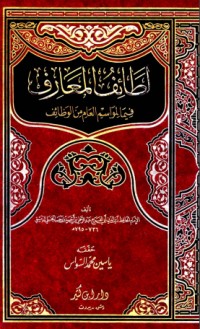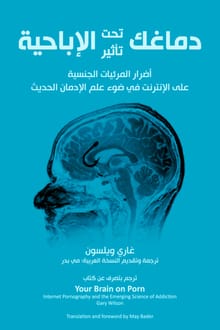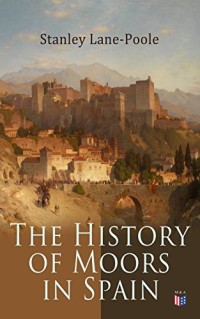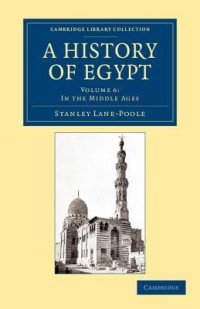
Aurangzib and the Decay of the Mughal Empire (Volume 5)
هل تريد أن يكون هذا الكتاب متوفر في اقرب وقت ممكن؟
Aurangzib and the Decay of the Mughal Empire (Volume 5) by Stanley Lane-Poole..This historic book may have numerous typos and missing text. Purchasers can usually download a free scanned copy of the original book (without typos) from the publisher. Not indexed. Not illustrated. 1908 edition. Excerpt: ...which had been inaugurated by Akbar. Just as the early 'Abbasid Khalifs had found safety and a sound imperial organization by selecting their provincial governors, not from the arrogant chiefs of the Arab clans, but from among their own freedmen,
people of no family, who owed everything to their lord, and were devoted to his interests: so the Mughal Emperors endeavoured to bind to their personal interest a body of adventurers of any sort of origin, generally of low descent, perhaps formerly slaves, and certainly uneducated, who derived their power and affluence solely from their sovereign, who 'raised them to dignity or degraded them to obscurity according to his own pleasure and caprice.' This body was called Mansabddrs, or grant-holders, because each member received an income in money or land from the emperor. The jdgir or estate of the mansabdar was the Mughal equivalent of the timar of the Ottoman timariots, and the feof of the Egyptian Mamltik. The value of the mansab, or grant, whether paid in cash or lands, was carefully graduated; so that there were a series of ranks among the grantees corresponding to the degrees of chin in the Russian bureaucracy. The ranks were distinguished in accordance with the number of horse a mansabdar was supposed to maintain: and we read of mansabdars of 500, or 1000, or 5000, and even 13000 horse. The higher ranks, from 1000 horse upwards, received the title of Amir, of which the plural is Umara. The writings of European travellers are full of references to these 'Omrahs, ' or nobles, as they call them, --though it must not be forgotten that the nobility was purely official, and had no necessary connexion with birth or hereditary estates. The term an 'Amir of 5000/ however, did not imply a following of.
أنشر كتابك هذا











